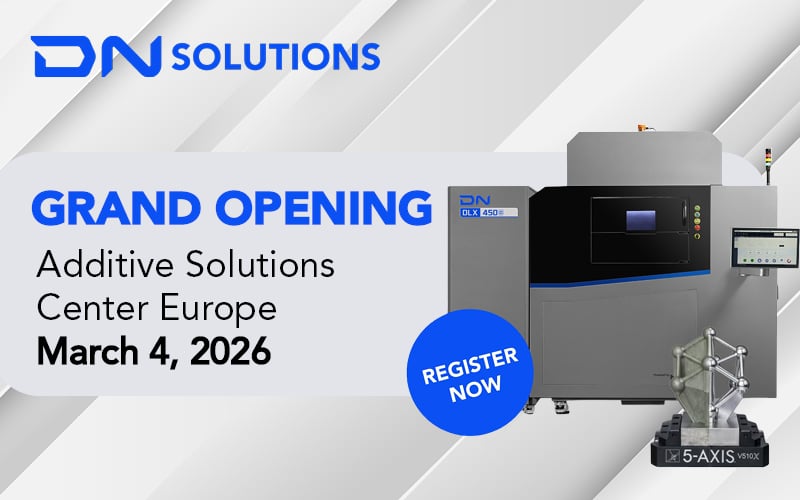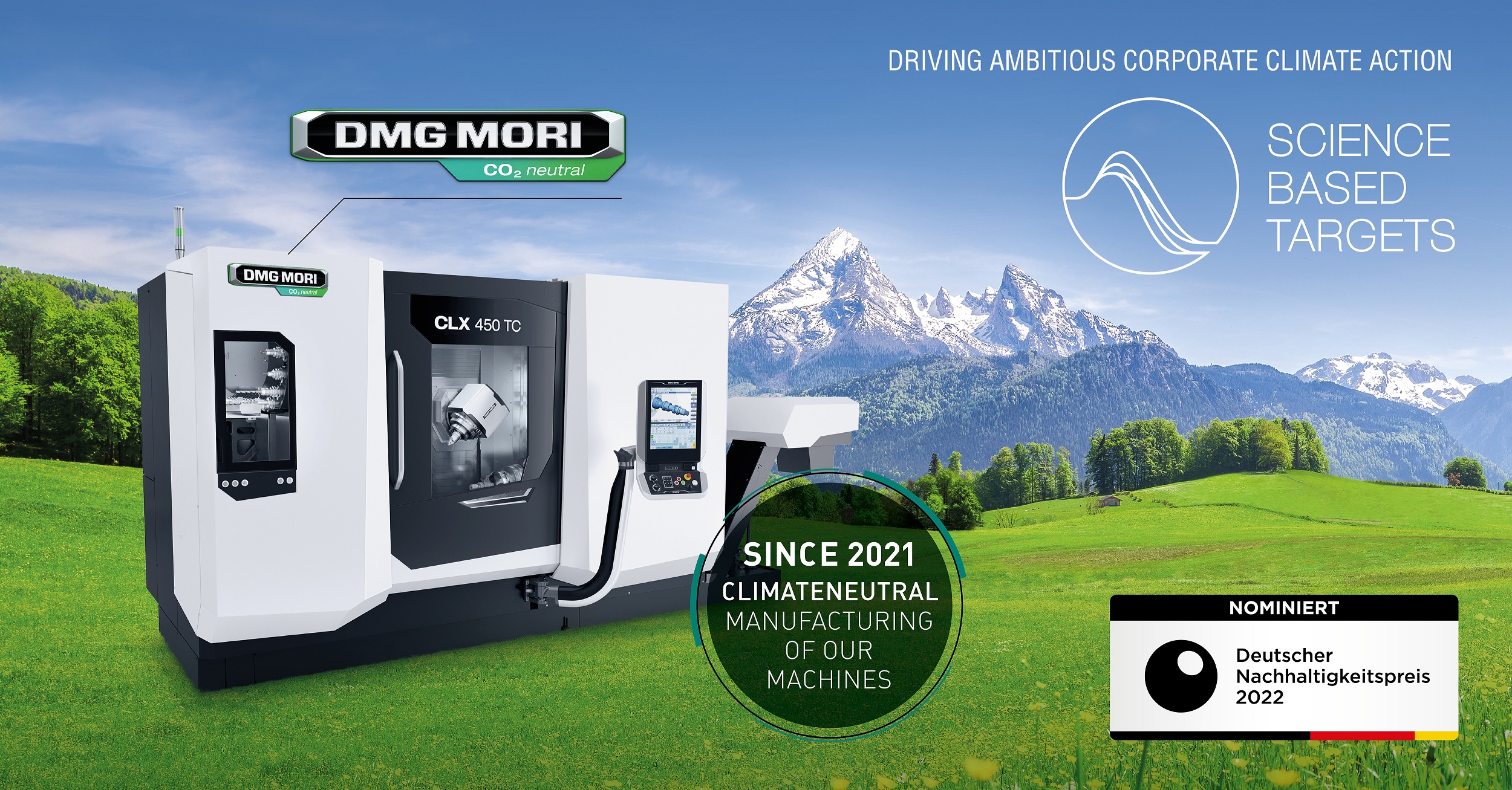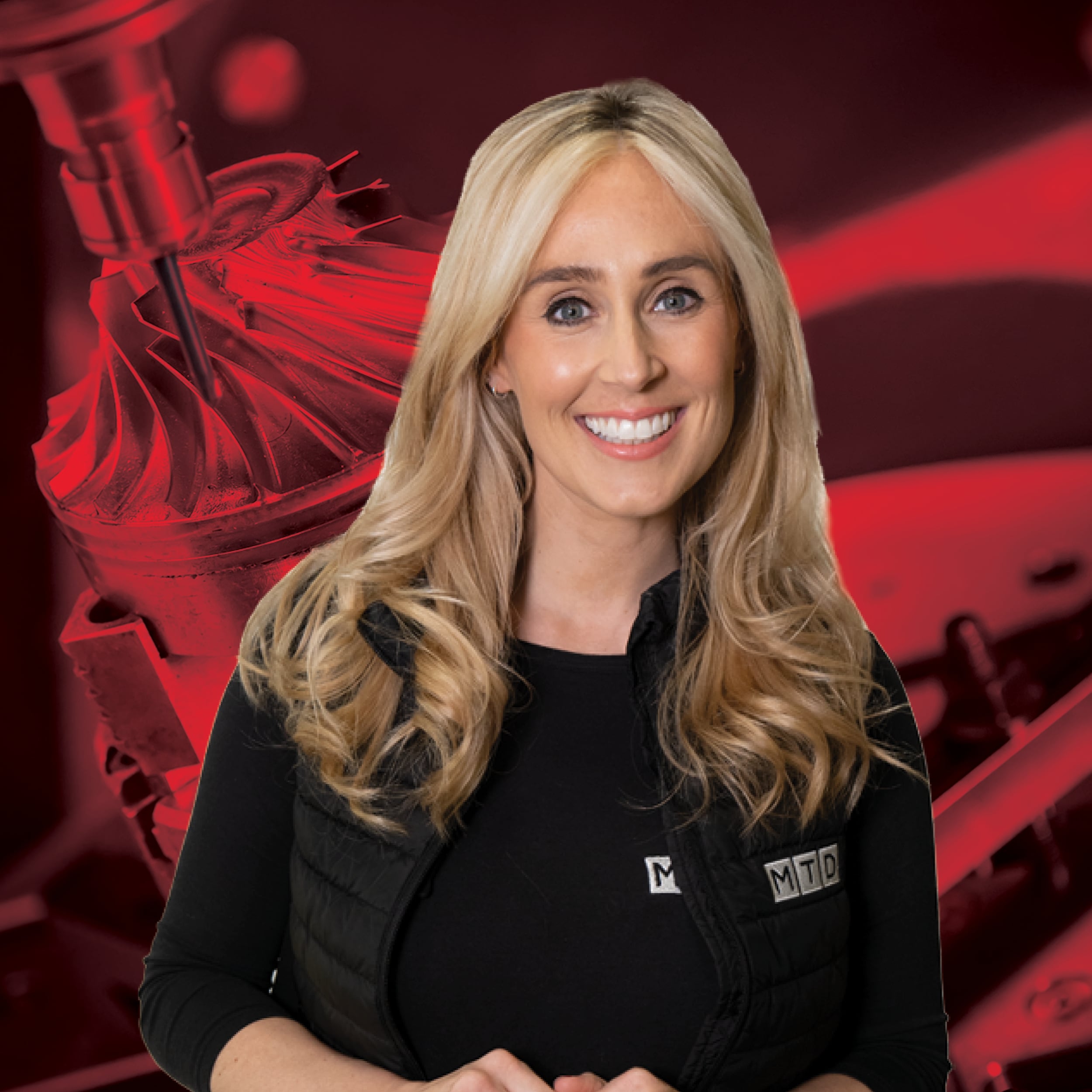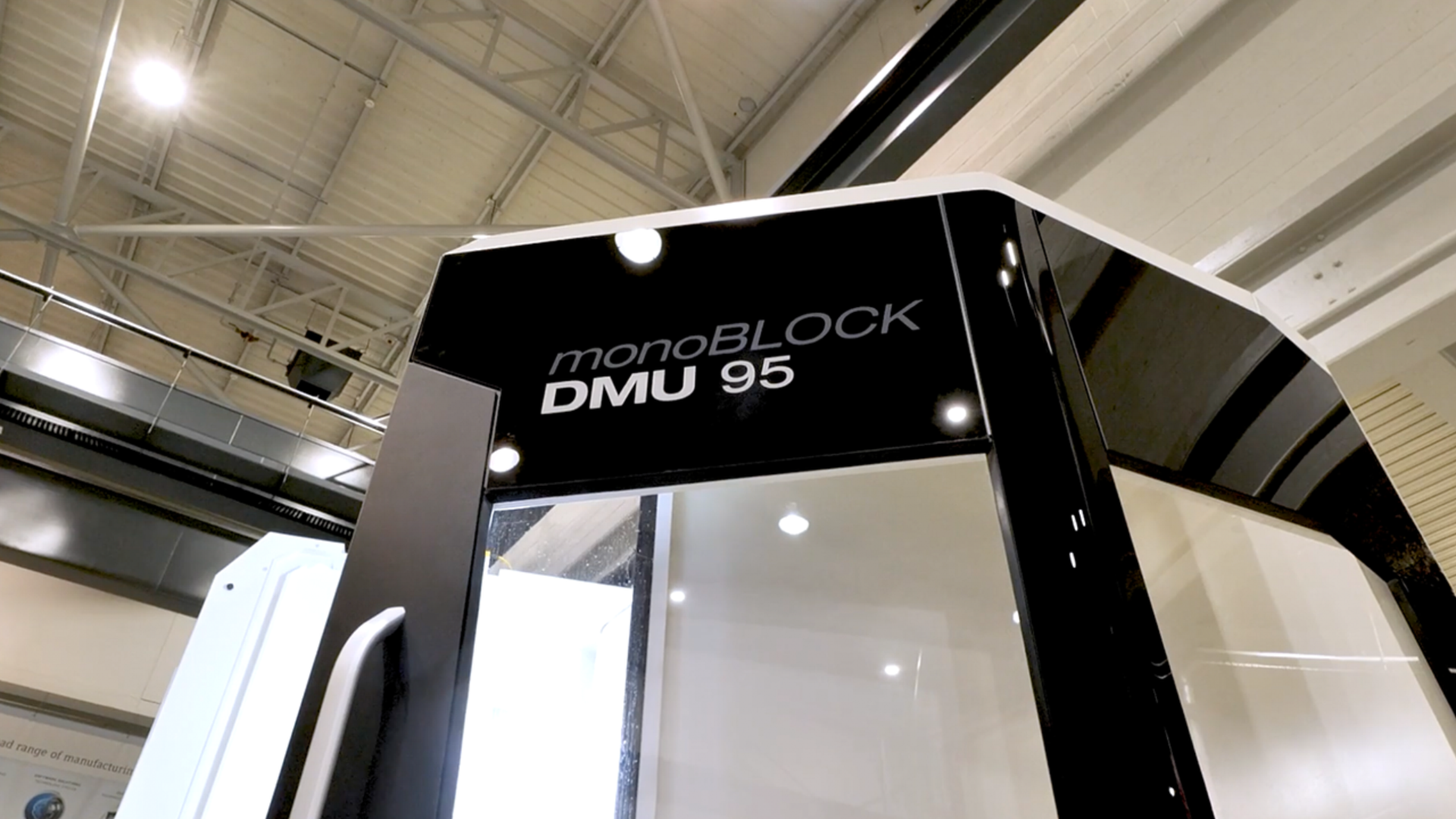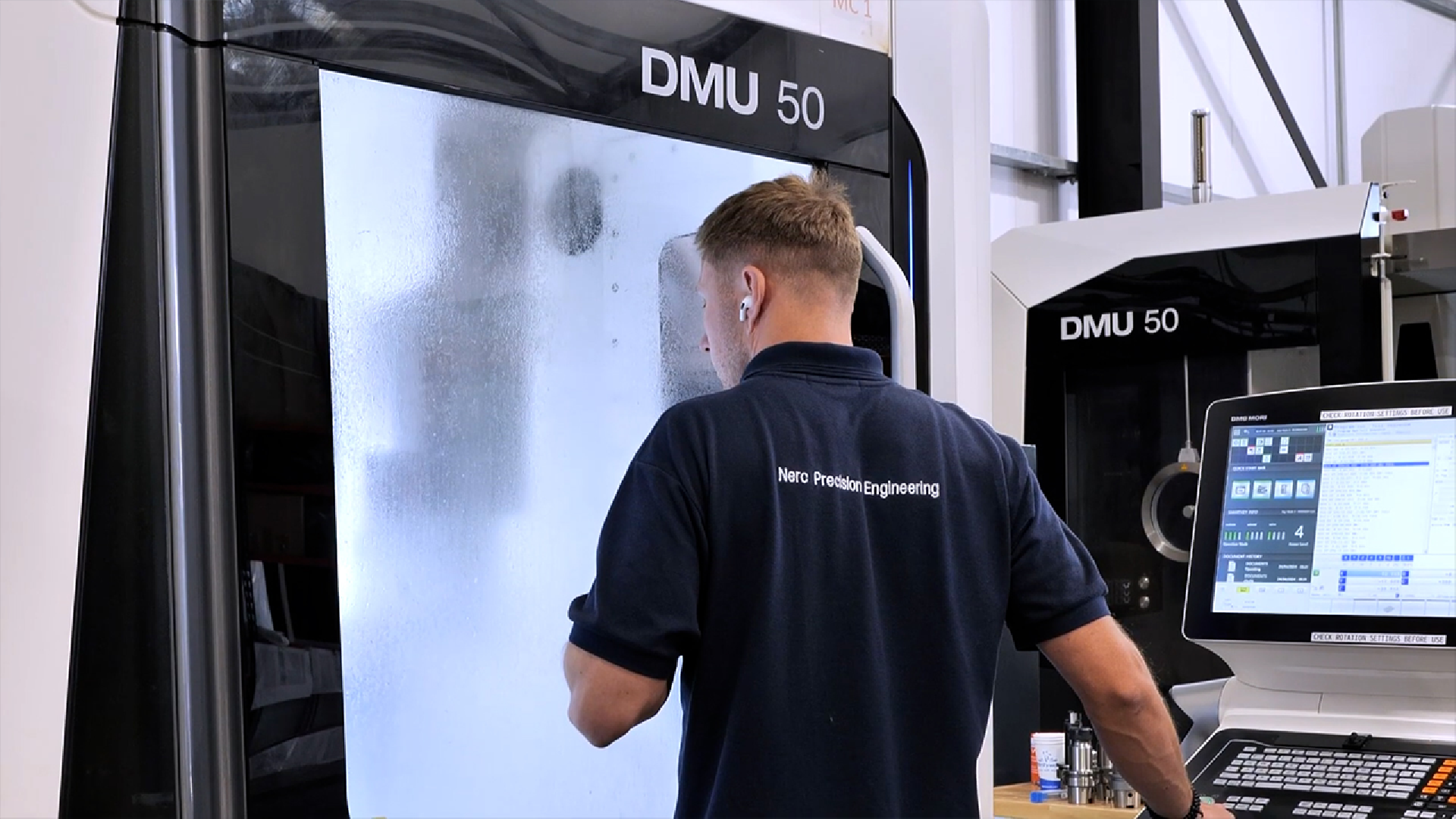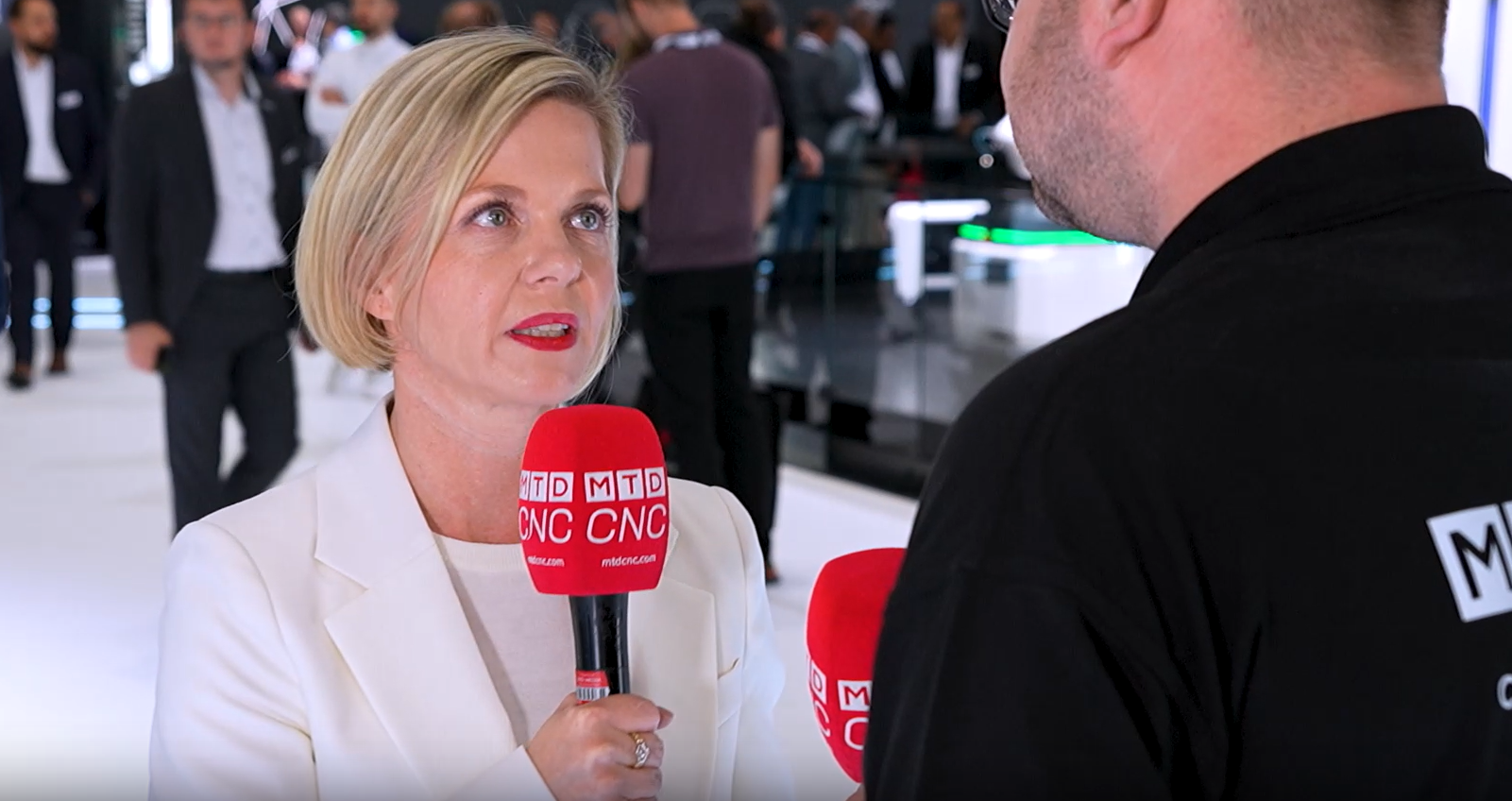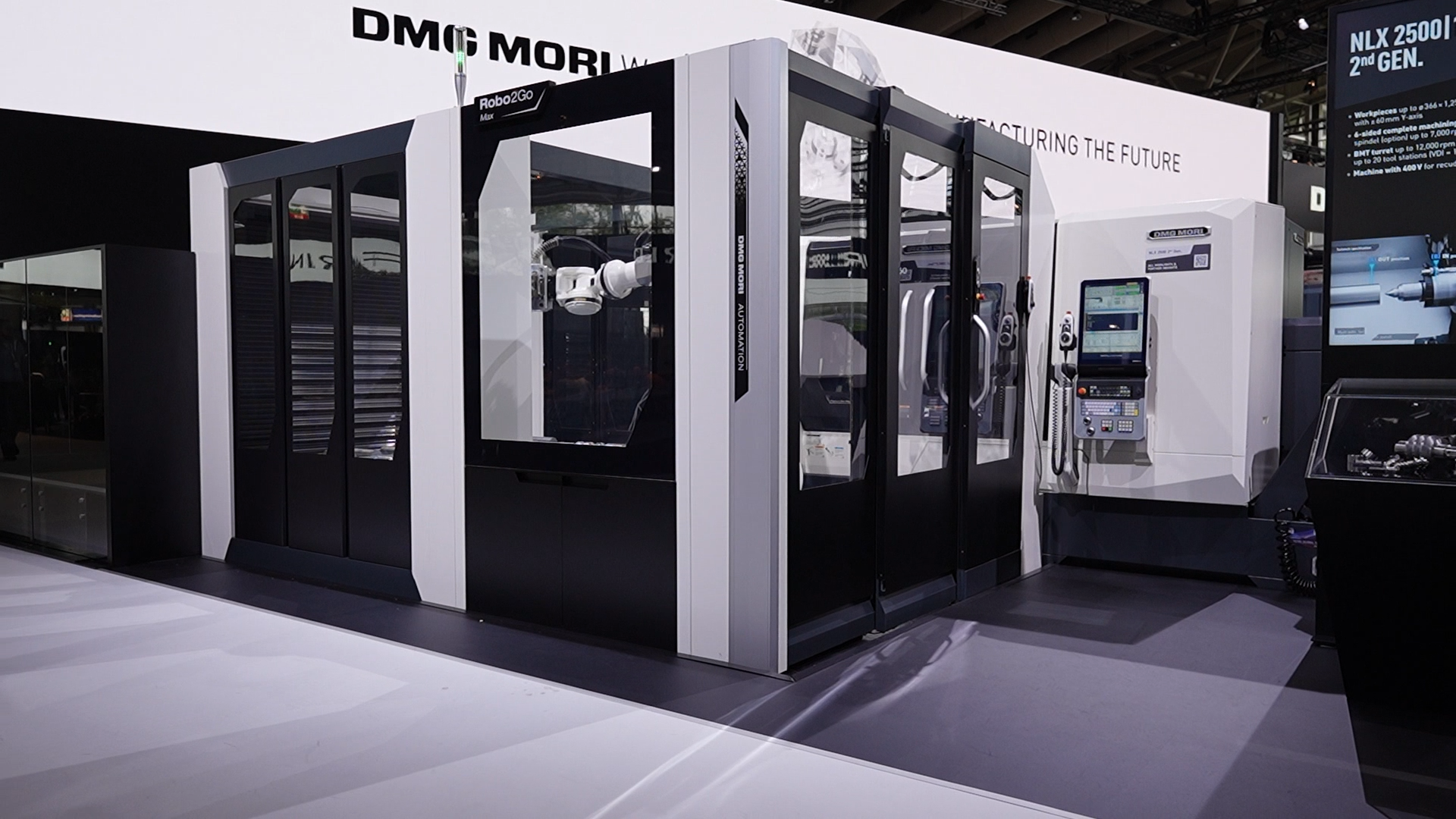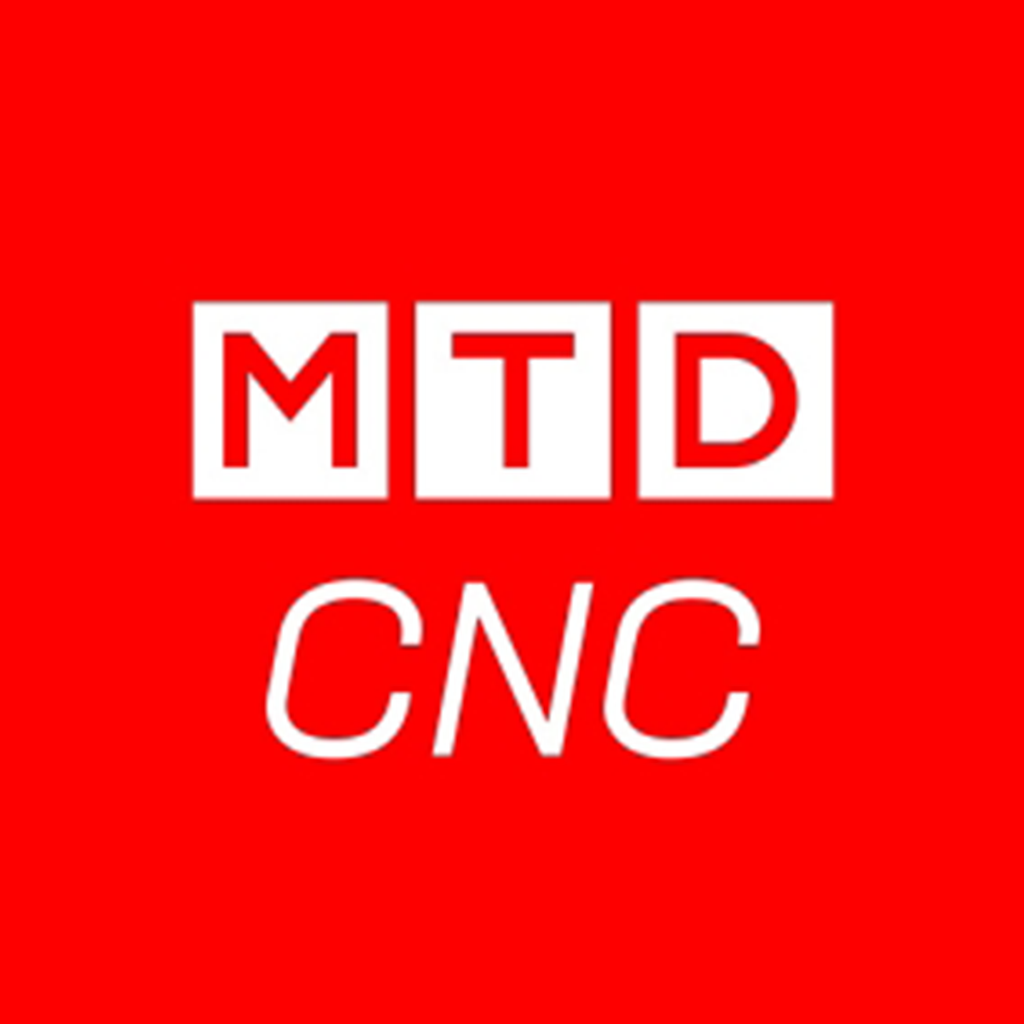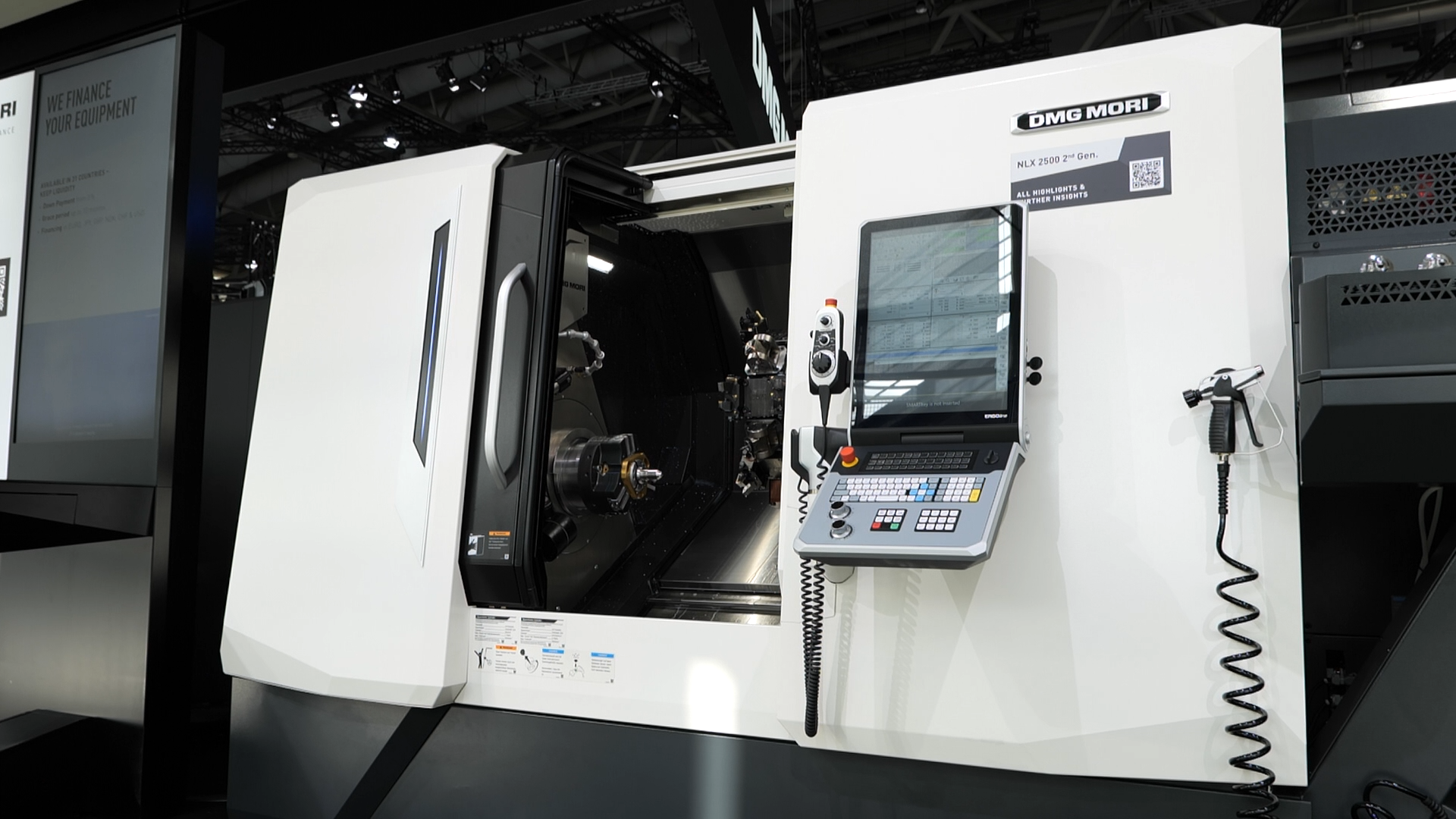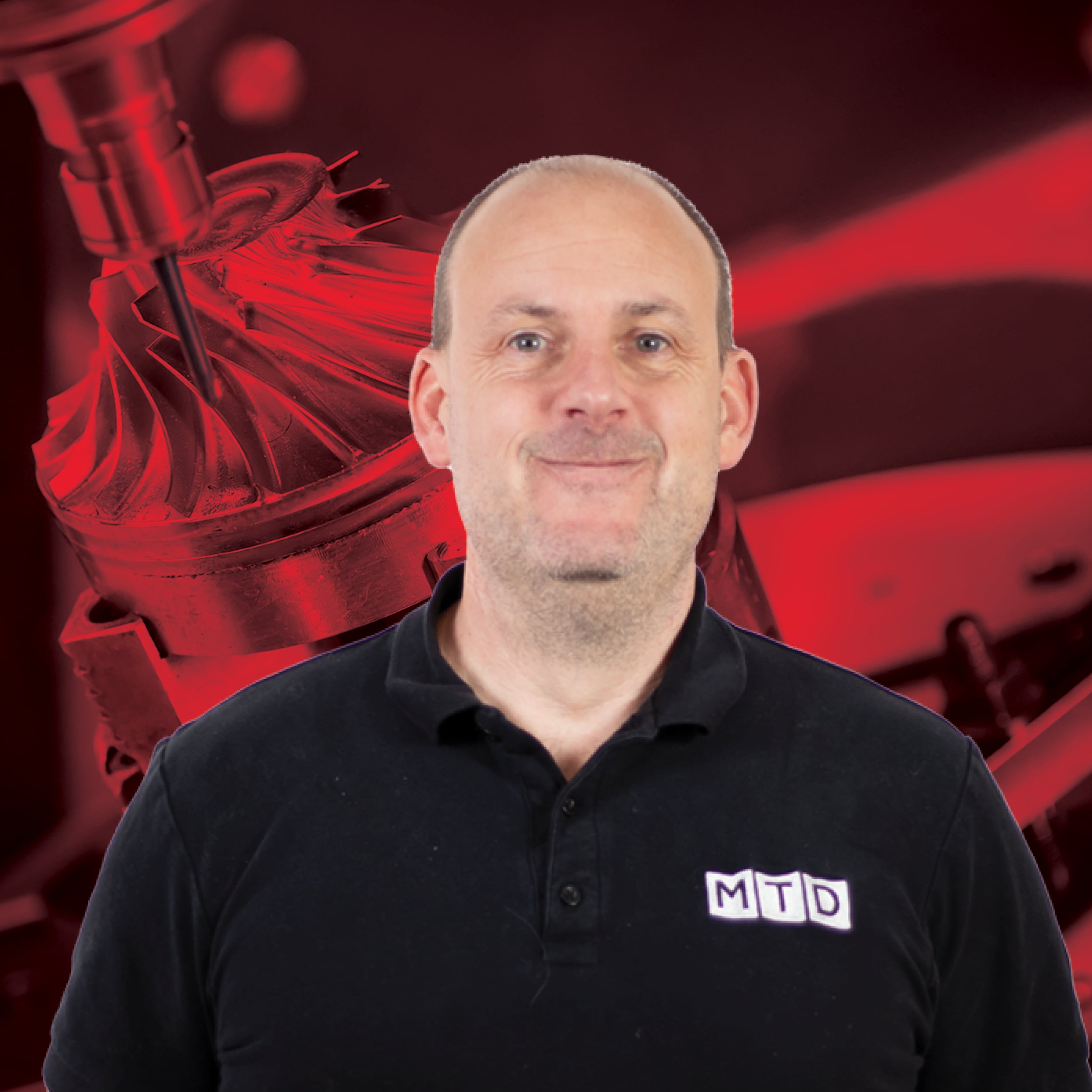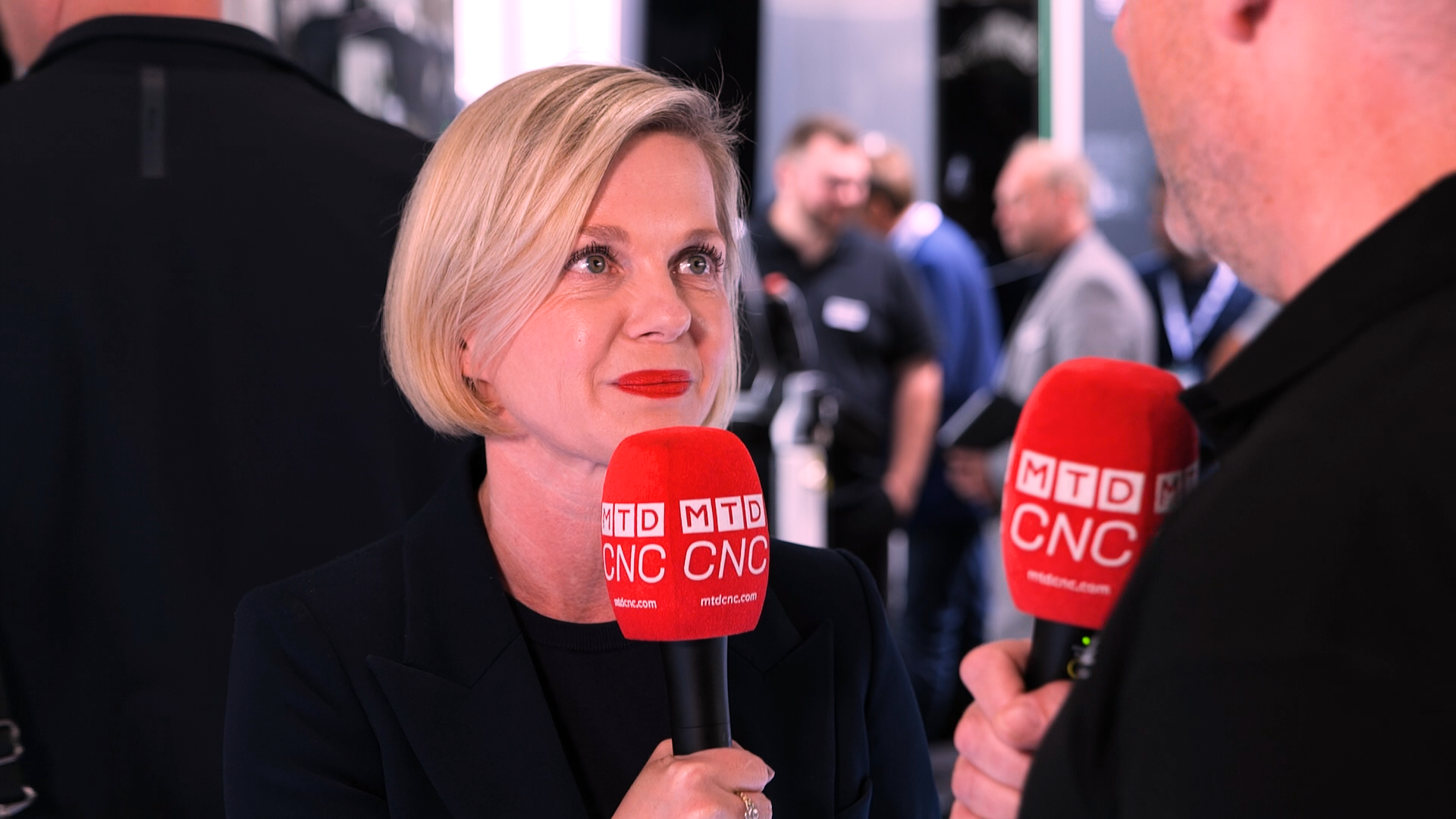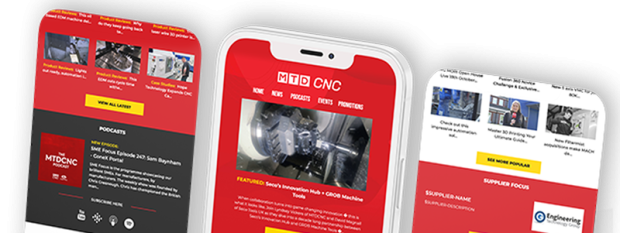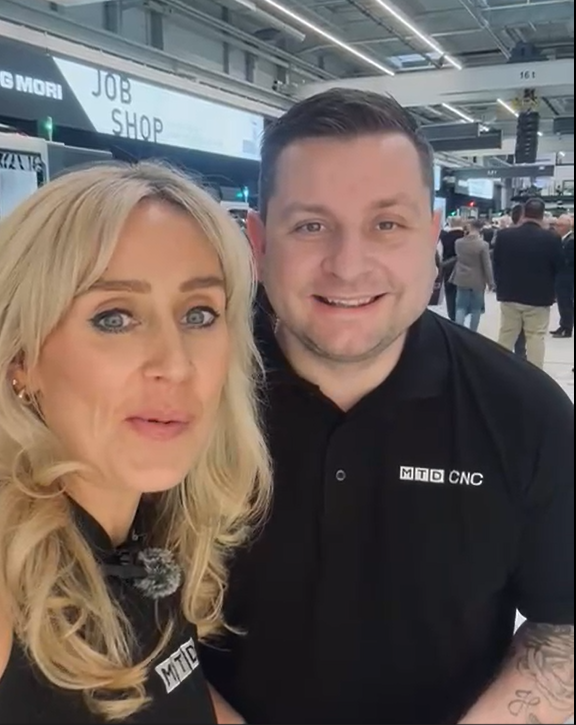
DMG MORI has a clear focus on corporate responsibility. “With its 17 Sustainable Development Goals, the United Nations Agenda 2030 sets an orientation. We are now called upon to promote its implementation,” says
Dr.-Eng. Masahiko Mori, President and CEO of DMG MORI COMPANY LIMITED.
Since 2020, the company has been climate-neutral in its own value creation, avoiding emissions in all areas. For this, DMG MORI relies on modern heating and cooling systems, uses self-generated and renewable energy and purchases green energy where possible – covering the majority of its locations and, offsets any remaining CO2 emissions that could not be avoided by investing in sustainable certified climate protection projects. Since January 2021, the company has gone further by also offsetting the CO2 emissions generated in the supply chain during the manufacture of purchased products such as the mining of raw materials. This enables customers to receive climate-neutral machines and automation solutions.
DMG MORI’s customers are looking at their own carbon footprints so, working with suppliers that are taking real steps to address reductions in carbon emissions and promote sustainability, makes the task of reducing CO2 far easier while also making economic sense.
For the evaluation of carbon emissions there are three categories, Scope 1, 2 and 3. Measuring and controlling CO2 in Scope 1 and Scope 2 is relatively straightforward as these cover –
Scope 1: Direct emissions from the generation of electricity, heat or steam from combustion processes.
Scope 2: Emissions from the purchase of electricity and thermal energy.
In the above two cases, companies can take some relatively simple steps such as purchasing renewable electricity or installing solar panels to minimise their CO2 and purchasing approved carbon offsets to balance the excess.
Scope 3 is significantly more complex as this covers indirect emissions from upstream activities such as purchasing parts, equipment and services which go to make a manufacture’s products as well as the recycling of the products at end of life. The implications of Scope 3 are highly important as the CO2 equivalent associated with these indirect sources is likely to be many times larger than Scope 1 and 2 added together.
To mitigate the effects of Scope 3, companies can examine the carbon status of their suppliers, selecting suppliers which are as close as possible to carbon neutral while evaluating their own downstream carbon emissions so that they can pass on very low CO2 liabilities, in turn, to their clients.
DMG MORI takes the implications of Scope 3 very seriously and has carried out detailed evaluation and research into these emissions using the Greenhouse Gas Protocol with verification by an independent auditor. It has already achieved overall reductions of 40% in its emissions between 2019 and 2020. However, by far the biggest contributor to its Scope 3 CO2 is still the purchase of production materials so, evaluating the carbon neutral status of its suppliers is a priority. With the platform Integrity Next, DMG MORI aims to make the sustainability performance of its suppliers transparent and measurable and to derive targeted measures to help them achieve low carbon or carbon neutral supply.
AESSEAL, one of DMG MORI’s UK customers is taking a proactive approach to carbon emissions, sustainability and ethical business practices with projects including a wetland sanctuary, support for STEM education, solar panels, voltage optimization, building management systems and variable speed compressors. Additionally, the company supplies water management systems which can save its customers millions of gallons of water through recycling and leak avoidance resulting in a positive carbon footprint. In 2020 at its UK operation, its independently verified scope 1-3 emissions were 46,352 tonnes of CO2 while its customer installations resulted in savings of 64,284 tonnes of CO2, producing a beyond zero result. The aim is to be net zero by 2029 for its worldwide business. Chris Rea, Managing Director is the driving force behind the company policy and is campaigning for companies to take a responsible approach to climate change. His website betterworld.solutions provides advice and news on climate change and encourages companies to sign up to a commitment to combat climate change. He strongly believes that, in larger companies, there is knowledge of potential carbon saving projects at grass roots level and that these are not coming to the attention of senior managers. He is asking companies to implement a conduit for these projects directly to senior managers and that they be given priority consideration for investment. Chris Rea says, “We are delighted that DMG MORI supports this policy. Its commitment to sustainability is impressive and demonstrates that implementing best practices brings rewards.”
Steve Finn, Managing Director of DMG MORI UK says, “DMG MORI’s approach to sustainability is holistic, is not limited to climate change and is geared towards a “DMG MORI GREEN ECONOMY”. Our three initiatives, GREENMACHINE, covering the CO2 neutral manufacture of our machines; GREENMODE, energy efficient operation on our customers’ sites; GREENTECH, Technology Excellence for green technologies, all work together to reduce our and our products’ carbon footprints while contributing to the United Nations Sustainable Development Goals.”
Dr. Maurice Eschweiler, Chief Representative at DMG MORI AG and responsible for sustainability says, “There is no such thing as too much commitment to sustainability – and that is why we will be continuing in 2022 exactly where we left off in 2021.”

